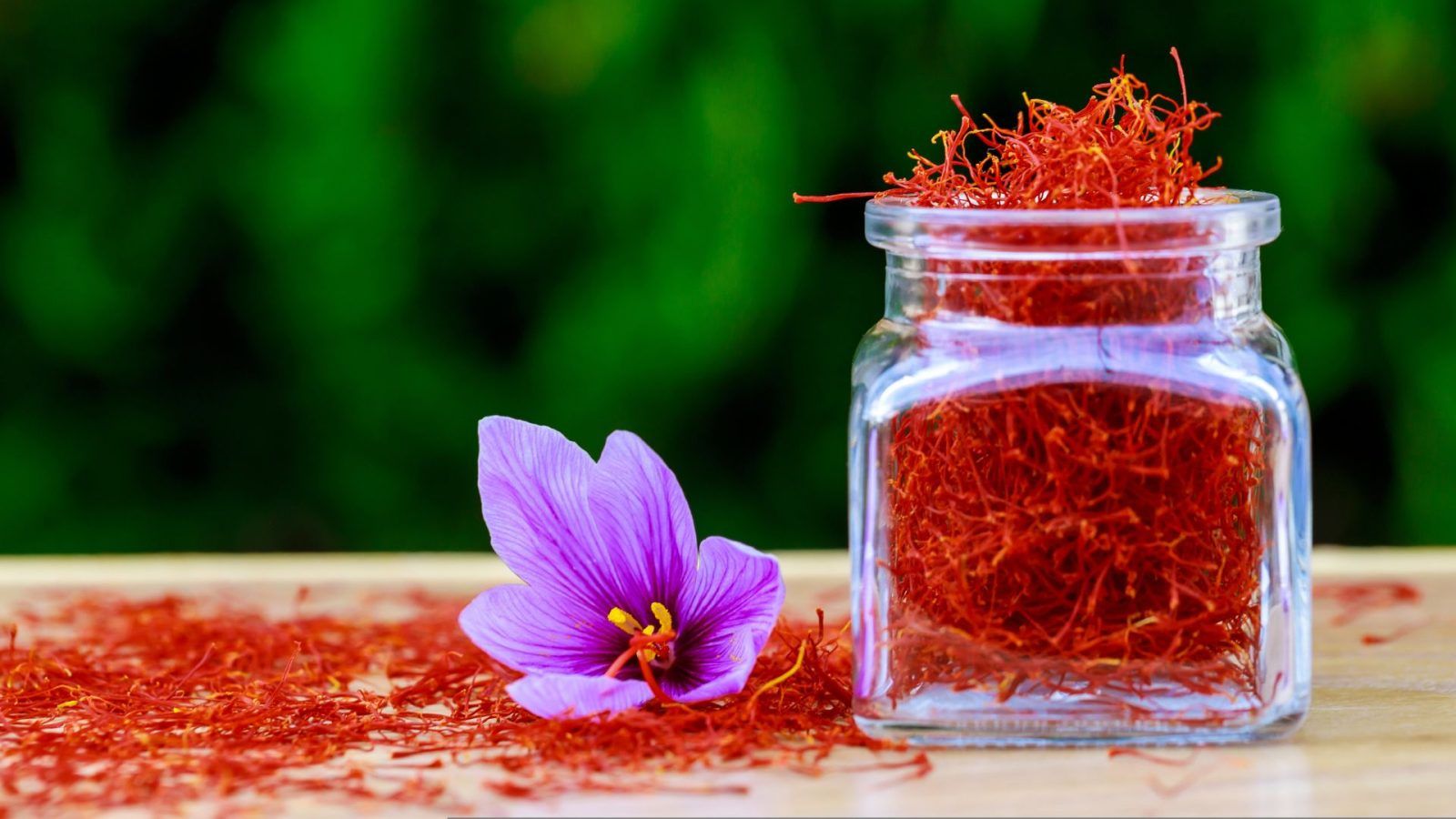One of the priciest spices is the golden spice known as “saffron,” which requires up to 75,000 saffron blossoms to make just one pound of spice. It has a robust flavor and is used to enhance both sweet and savory recipes. Saffron does, however, have a wealth of health advantages, one of which being its capacity as a natural antidepressant.
Numerous research have looked into the saffron’s potential antidepressant properties. Pratiksha Kadam, Consultant, Dietitian, Kokilaben Dhirubhai Ambani Hospital Navi Mumbai, told indianexpress.com that some of these studies have discovered that saffron supplementation can improve symptoms in people with mild to moderate depression, frequently to a similar degree as traditional antidepressant medications.

Why can saffron act as a natural mood booster?
Saffron is thought to have antidepressant properties since it includes bioactive substances such picrocrocin, safranal, and crocin. Certain neurotransmitters in the brain, such serotonin and dopamine, which are essential for controlling mood, have been demonstrated to be modulated by these substances.
“A meta-analysis of 21 clinical trials involving more than 1,500 participants was published in the Journal of Integrative Medicine in 2020, and it found that supplementing with saffron significantly reduced depressive symptoms when compared to a placebo. According to N Lakshmi, senior dietician at Kamineni Hospitals, the trials showed improvements in depression symptoms, including lower levels of anxiety and sleep disturbances.
Benefits of saffron for health
Saffron has been investigated for its antioxidant, anti-inflammatory, and cognitive-improving activities in addition to its putative antidepressant effects. The following list of saffron’s health advantages was provided by Dr. Eileen Canday, the head of nutrition and dietetics at the Sir H N Reliance Foundation Hospital in Mumbai.
1. Powerful antioxidant:
An remarkable array of plant components can be found in saffron. These function as antioxidants, which are chemicals that defend your cells from oxidative stress and free radical damage. Saffron has a unique flavor and aroma thanks to the substance safranal. According to research, it may enhance your mood, memory, and learning capacity and shield your brain cells from oxidative damage.
2. May improve mood and help in depressive symptoms:
The sunshine spice is how people refer to saffron. According to studies, the crocus plant’s safranal and crocin chemicals may have antidepressant benefits through maintaining stable levels of dopamine, norepinephrine and serotonin.
3. Reduce PMS symptoms:
Saffron tends to help cure PMS symptoms like irritability, headaches, cravings, pain, and anxiety and may help lower levels of the stress hormone cortisol. This is true for both eating and smelling saffron.
4. Act as an aphrodisiac:
Aphrodisiacs are medicines or foods that help people feel more virilized. Studies suggest that saffron may have aphrodisiac benefits, particularly in people using antidepressants.

Things to keep in mind
Notably, saffron shouldn’t be viewed as a stand-alone treatment for depression or other mental health issues. N Lakshmi said, “It is best used in conjunction with a holistic approach that includes a balanced diet, consistent exercise, enough sleep, stress management techniques, and professional support when needed.”
Keep in mind that a small bit of saffron goes a long way when utilizing it. Because of this spice’s strong flavor, using too much can make your cuisine taste bland. Utilizing it sparingly will help you get the most out of each buy but it is also fairly expensive.
Saffron should only be used in culinary quantities because excessive amounts can be poisonous. Saffron is a spice, so if you’re thinking about taking it as a supplement, talk to your doctor first,” Kadam advised.